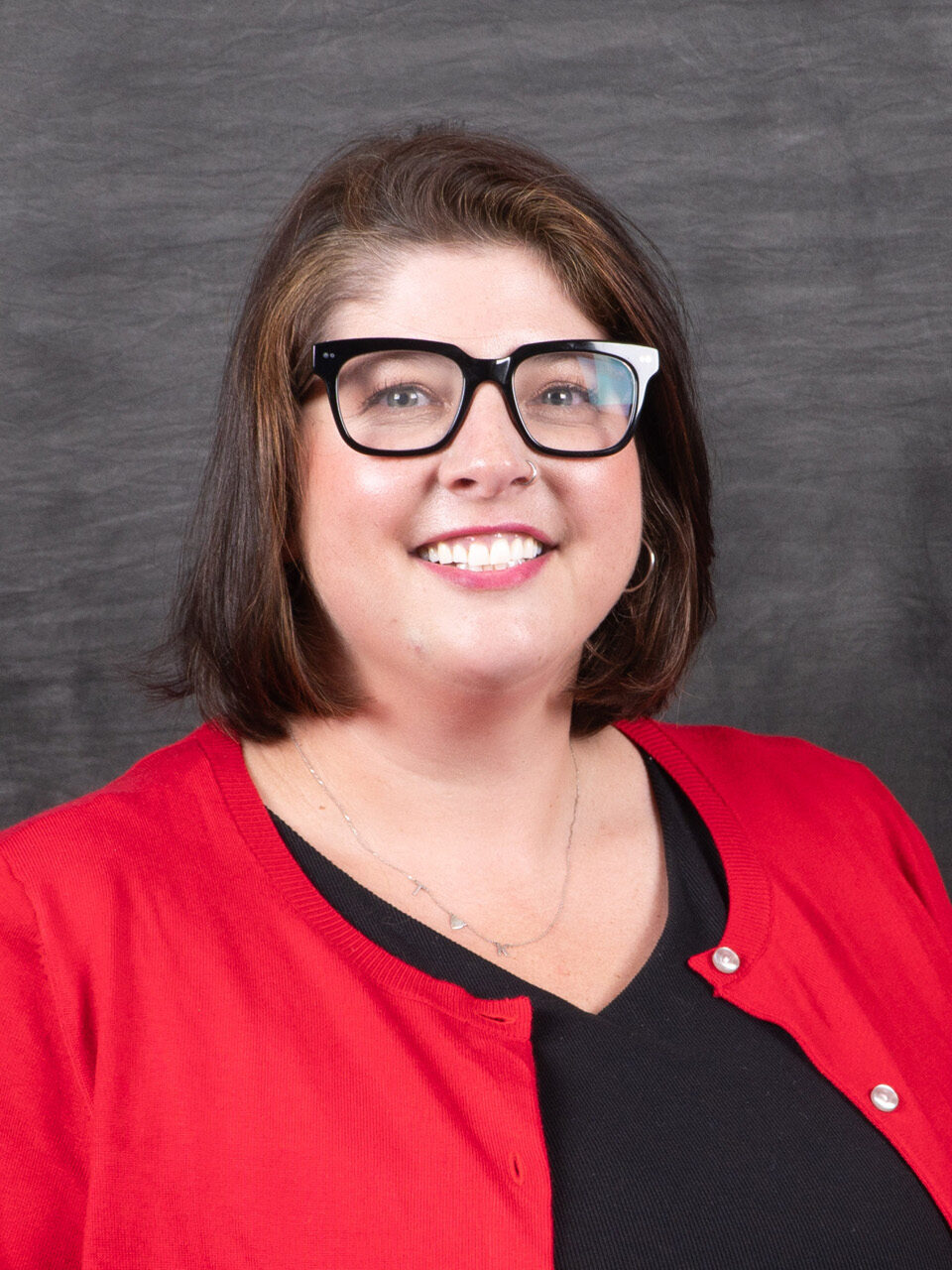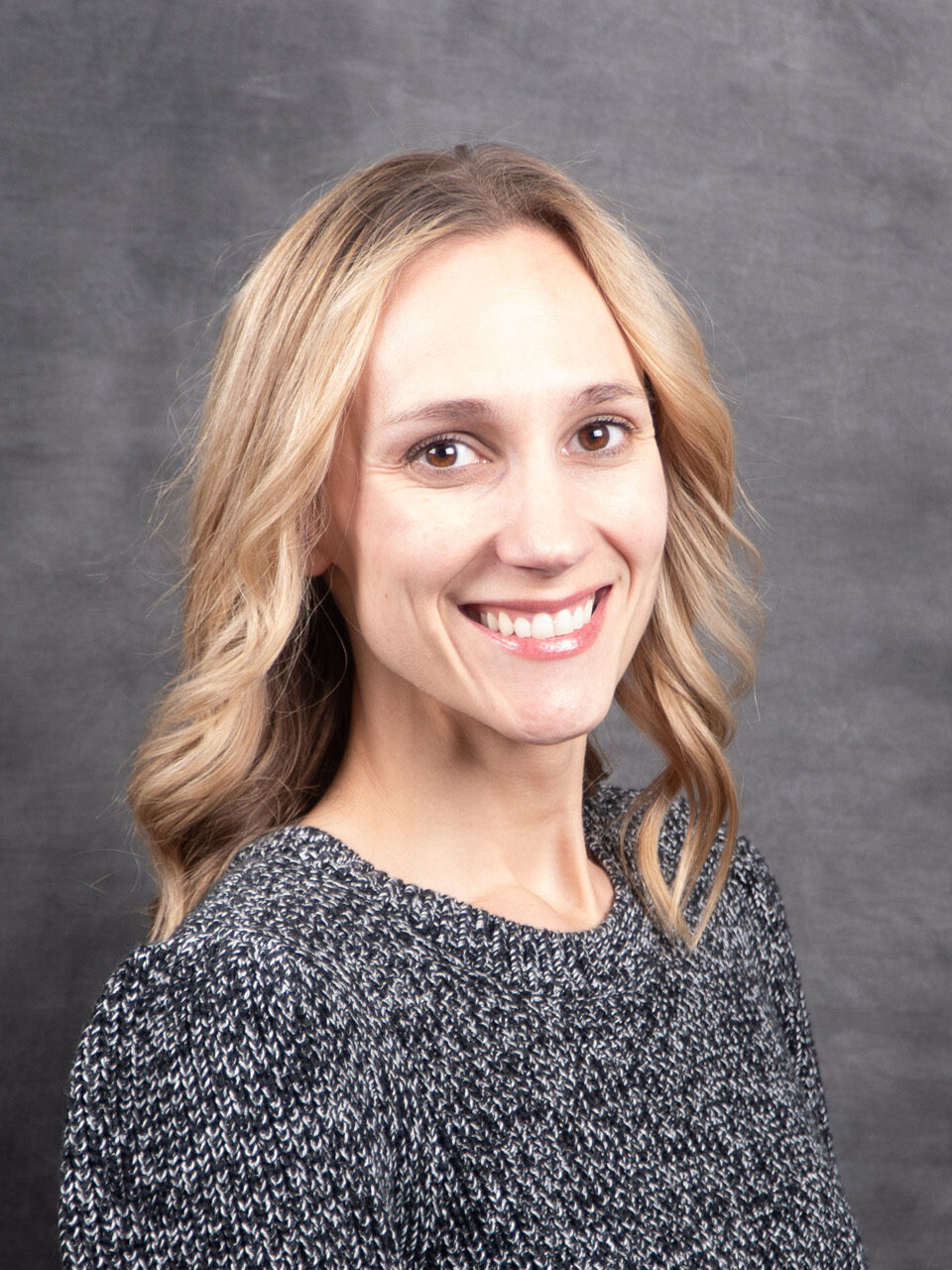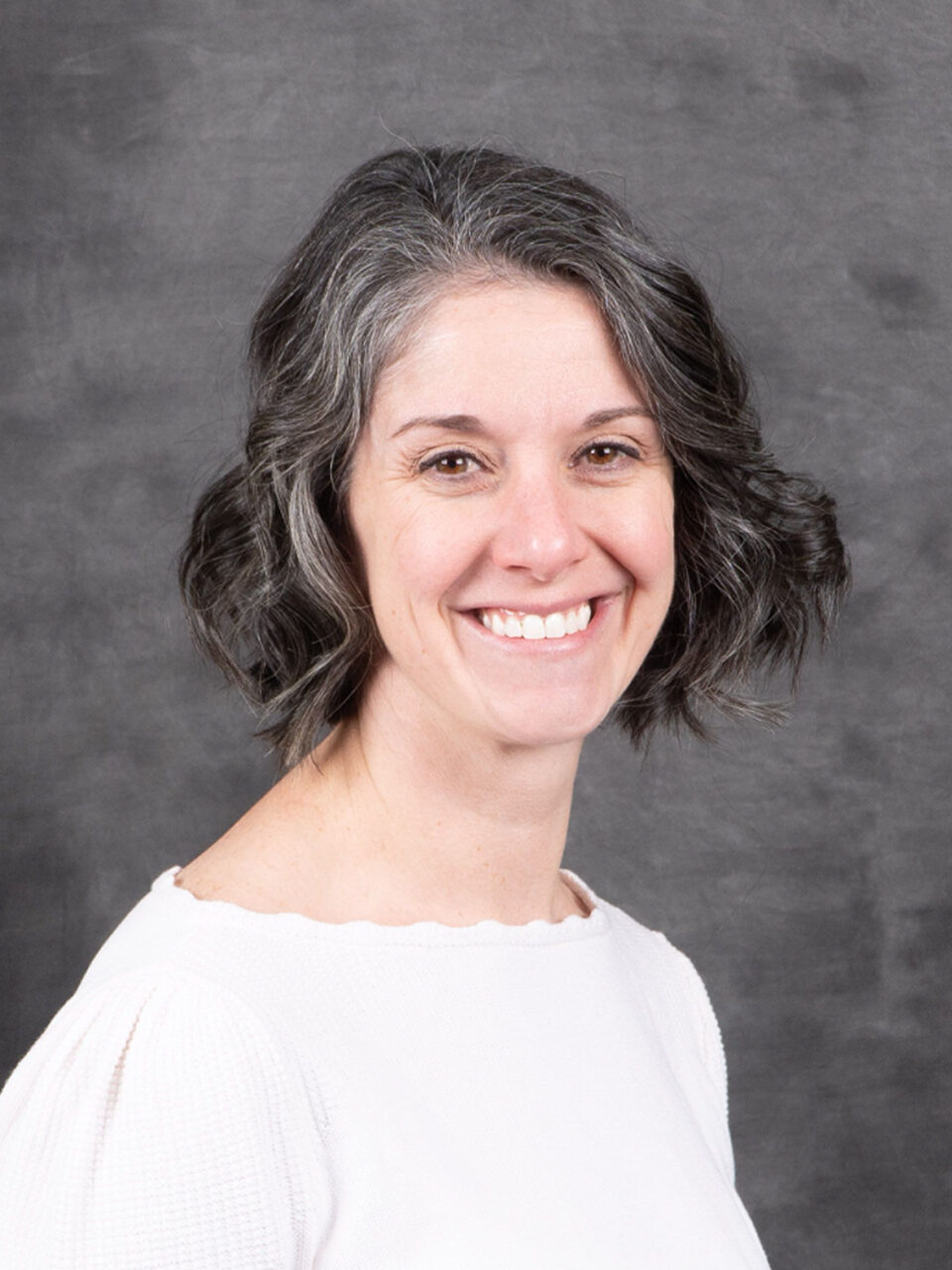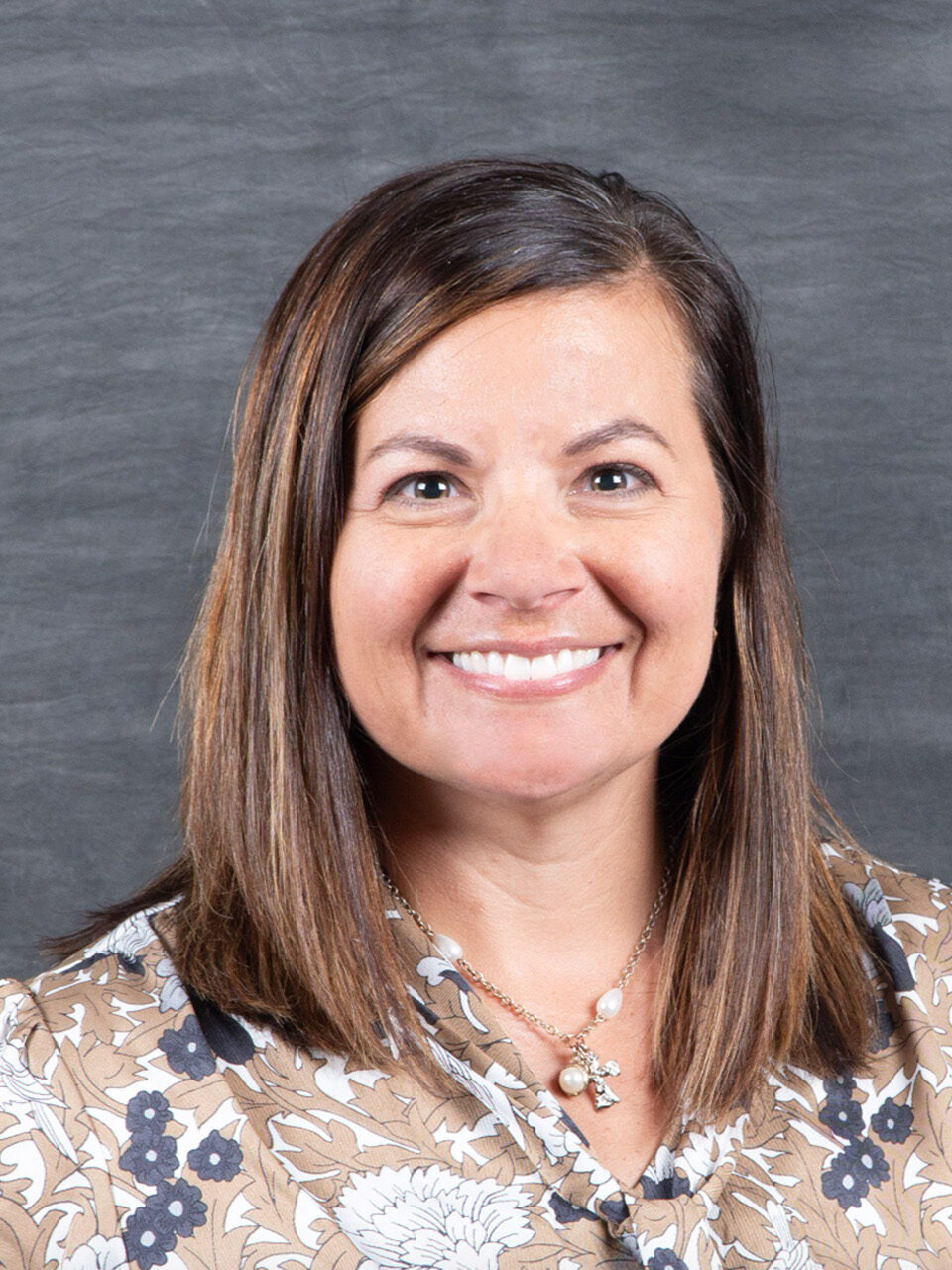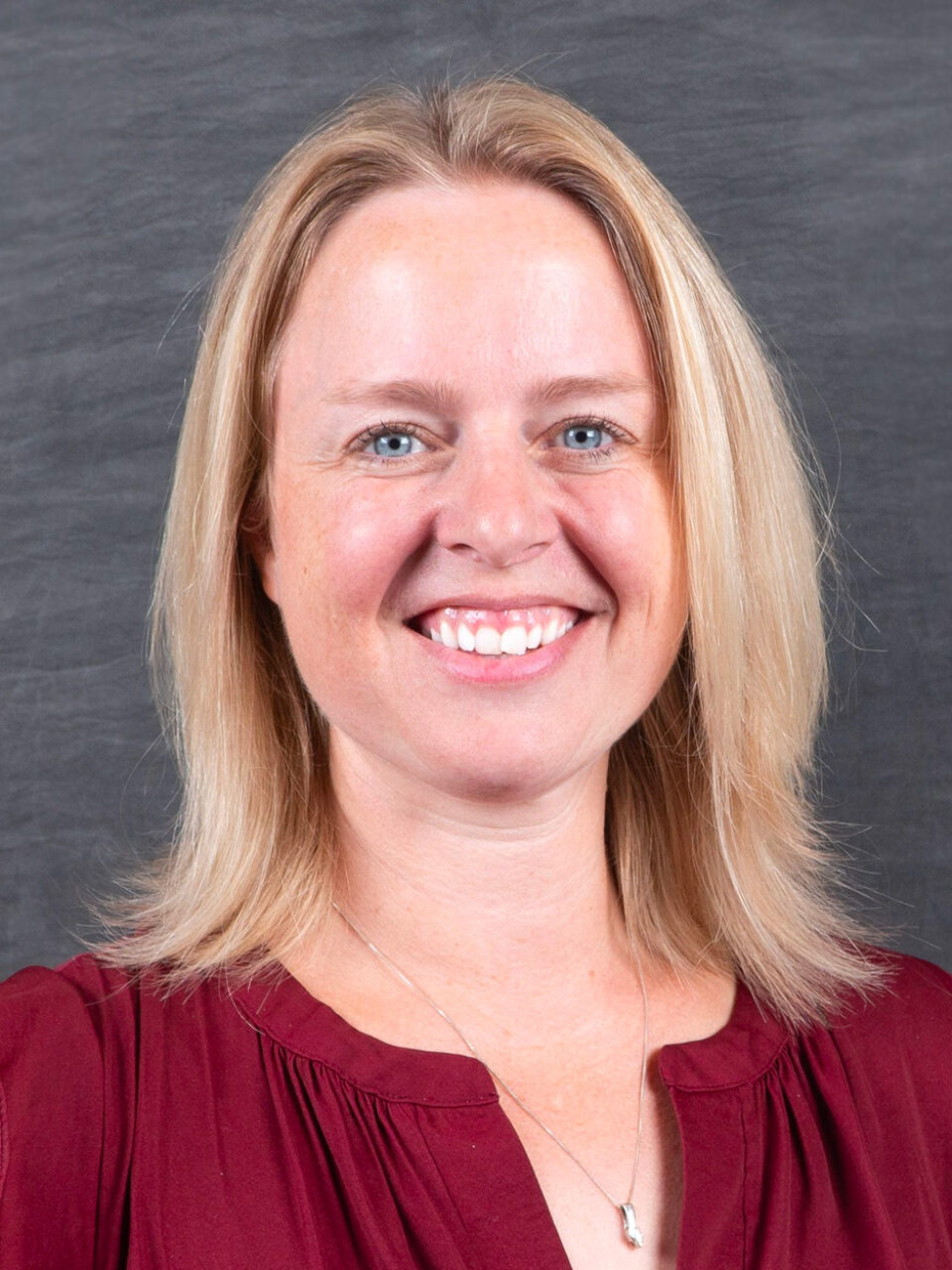What are the academic requirements for admission into the CADC Certification Education Program?
A completed bachelor’s degree and a minimum cumulative GPA of at least 2.75 or a 2.9 in the last 60 credits.
How do I apply for admission?
Please see the Admission Criteria & Application Checklist section of this webpage.
What are the application deadlines?
- Spring enrollment—all materials due by December 1
- Fall enrollment—all materials due by July 1
Applications submitted after these deadlines will be considered on an individual basis.
What if I’m still finishing up my bachelor’s degree?
Applicants who are undergraduate students in the process of completing a bachelor’s degree (at an institution other than Loras) may be awarded a provisional acceptance to Loras’s CADC Certification Education program based on receipt of their in-progress, unofficial transcript and all other application materials; with full acceptance contingent upon receipt of the final, official transcript(s) and the conferred undergraduate degree. You must meet the minimum GPA requirement at the time the undergraduate degree is conferred for full acceptance.
I’m an undergraduate student at Loras. Can I enroll in this program?
Current Loras undergraduate students may take two of the four required courses as undergraduates, and the other two must be taken as graduate students. After completion of the two courses taken as an undergraduate, you must complete the application process outlined on this webpage in order to continue on and take the remaining courses as graduate students.
I’m a graduate student in Loras’s Master of Arts in Clinical Mental Health Counseling program. Can I enroll in this program?
Yes, you may complete this addictions track as part of your master’s degree. Please work with your advisor to add on this coursework to your program plan. No separate application process is needed.
Does the CADC Certification Education program require an undergraduate degree in a specific program?
The CADC Certification Education program does not require an undergraduate degree in any specific area.
How long will it take to receive a decision regarding my application?
Once we have received your application and official transcript(s), you should receive a decision within one week.
How will I be notified of the admission decision?
You will be contacted by email once a decision has been made.
What is required to become a CADC?
Students are responsible for understanding all requirements needed to apply for the CADC Certification in their state. (Each state has their own version of CADC and associated requirements.)
Typically, the requirements include: specific addictions coursework, an exam, and a set number of supervised internship hours in the field.
Loras’s non-degree CADC Certification Education program is comprised of the 4 classes (12 credits/180 classroom contact hours) needed to fill the Addictions curriculum component for CADC Certification in Iowa, but there may be additional behavioral science credits students need to take in order to receive the certification in their state.
Please see the state of Iowa’s requirements.
Does the Loras faculty help CADC students find an internship to complete the required supervised hours?
Loras does not formally assist or assign CADC students with supervised clinical internships, but thanks to their extensive networks, the faculty can likely help direct students to places where they may be able to complete an internship.
What is the format of the CADC classes?
The CADC courses are offered in predominantly an in-person evening format, in compliance with the educational requirements to obtain a CADC in Iowa.
Is there a preferred entry point into the CADC Certification Education program?
Students can begin the program in either the Fall (with Foundations of Addiction Counseling), or in the Spring (with Addictions).
How long does it take to complete the program?
Depending on interest and course offerings, a student may be able to complete all of the necessary coursework in 12-24 months.
What is a maximum course load per semester?
Depending on interest and course offerings, students may take 3-6 credits each semester for the CADC Certification Education Program.
What is the time commitment outside of class?
Time commitments vary depending on the course and individual’s specific skill set. As a general rule, students will spend 4-6 hours per week outside of classroom instruction on class-related work for each class.
Where are classes held?
Classes are held either in person on the beautiful Loras College Campus, or in a hybrid format.
When do classes meet?
Each face-to-face class meets in the evening one day per week to accommodate working adults.
Is Loras College accredited?
Yes, Loras College is accredited by the Higher Learning Commission.
